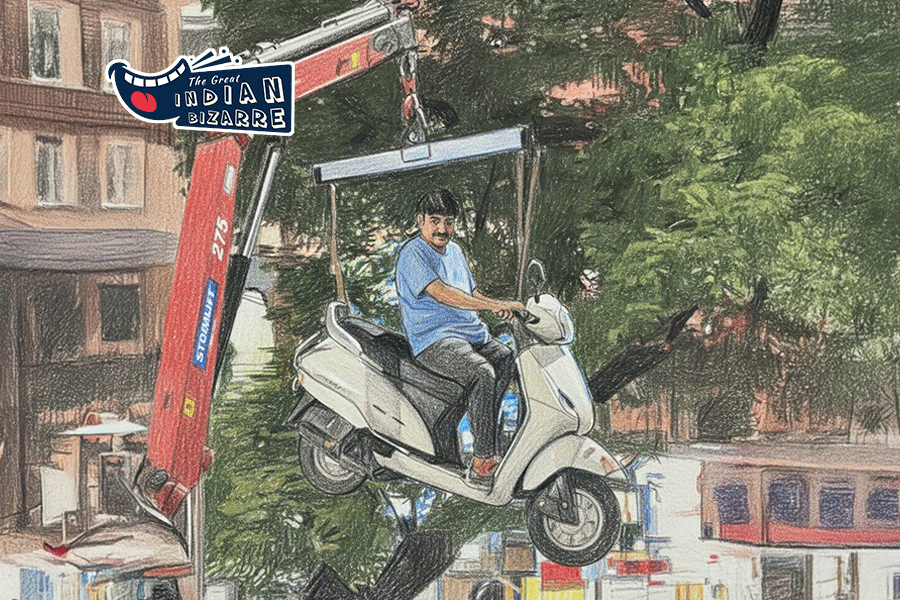New Delhi, May 28: HRD minister Kapil Sibal today announced a single entrance test from 2013 for admission into engineering institutions run by the Union government with IITs being given concession to follow a two-tier selection procedure, a move, experts view, would disincentivise rural children to make it to the premier tech schools.
Sibal, the chairperson of the IIT Council and NIT Council, the two bodies responsible for policy decisions on IITs and NITs, said the new single entrance test, called Joint Entrance Examination (JEE), will replace IIT-JEE and All India Council of Engineering Entrance Examination and will help reduce the burden of multiple entrance tests on students.
The JEE will comprise two rounds of tests called JEE-Main and JEE-Advanced (see chart). Both tests will consist of objective-type examinations to be held on the same day. The new test will give weightage to Class XII board marks of a student to ensure that the candidate does not neglect his studies in school, Sibal said. He claimed the new test would discourage private coaching to crack JEE.
However, the 15 IITs have been given the concession to follow a two-tier methodology of selection of students while around 40 Centrally Funded Technical Institutions (CFTIs) will adopt a performance-based straight formula to select students.
The IITs will calculate the performance of students in JEE-Main and Class XII board with equal 50-50 weightage for a preliminary screening.
Around 50,000 students, nearly five times the number of seats in IITs, will be selected through this screening and will be eligible for an all-India rank for admission into IITs. The all-India rank would be given on the basis of their performance in the JEE-Advanced. However, the other CFTIs will not follow any filter mechanism. Such institutions will give 40 per cent weightage to Class XII marks and 30 per cent each to JEE-Main and JEE-Advanced to prepare a list of meritorious candidates.
The IIT directors have agreed to change their procedure by 2015 to follow a similar method. “The academic training and education imparted in IITs is very different from other institutions. The intake has to be different accordingly,” IIT Kanpur director S.G. Dhande said.
However, Sibal did not appear convinced with this clarification.
“The truth is that there is a lot of resistance from the IITs. They probably have a point of view which I do not understand. But they have agreed that they will transit to 40-30-30 weightage procedure by 2015,” he said. However, experts have termed this new JEE a “disabling mechanism” for rural children.
Anand Kumar, who runs a centre to give free coaching to poor students in Patna, said the new procedure is too complicated and would test a child at three stages.
“A student from a
village will have to perform better in the board exam, JEE-Main, which may have questions on aptitude test, and JEE-Advanced. Going by
the standard of education in rural schools, the village children will find it extremely difficult to crack the new JEE,” Kumar said.











